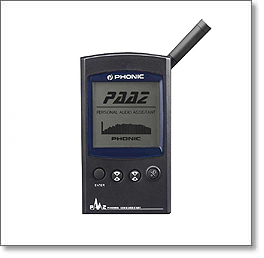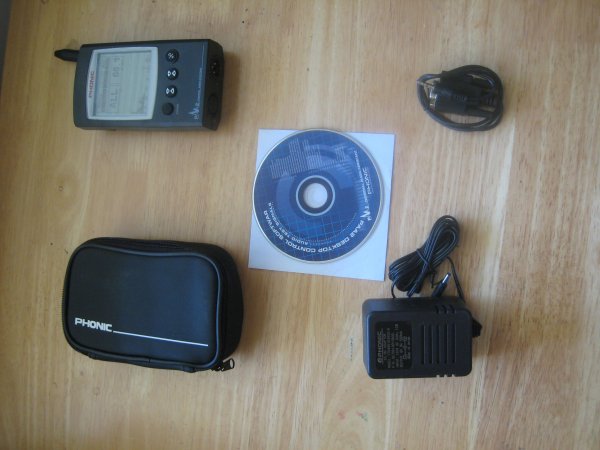Do you also have a similar set of parameters to measure rooms? Something we will look at and say immediately "My room sounds excellent!" without listening?Originally Posted by Ethan Winer
There are four parameters that affect audio reproduction:
Frequency response
Distortion
Noise
Time-based errors
To be fair professional room modelling software and acoustic articles suggest the answer is yes with the right parameters-test-measurements, if you can also measure the boundary characteristic (reflections-absorption characteristic/etc) as well.
However I know next to nothing on this subject.
Cheers
Orb








